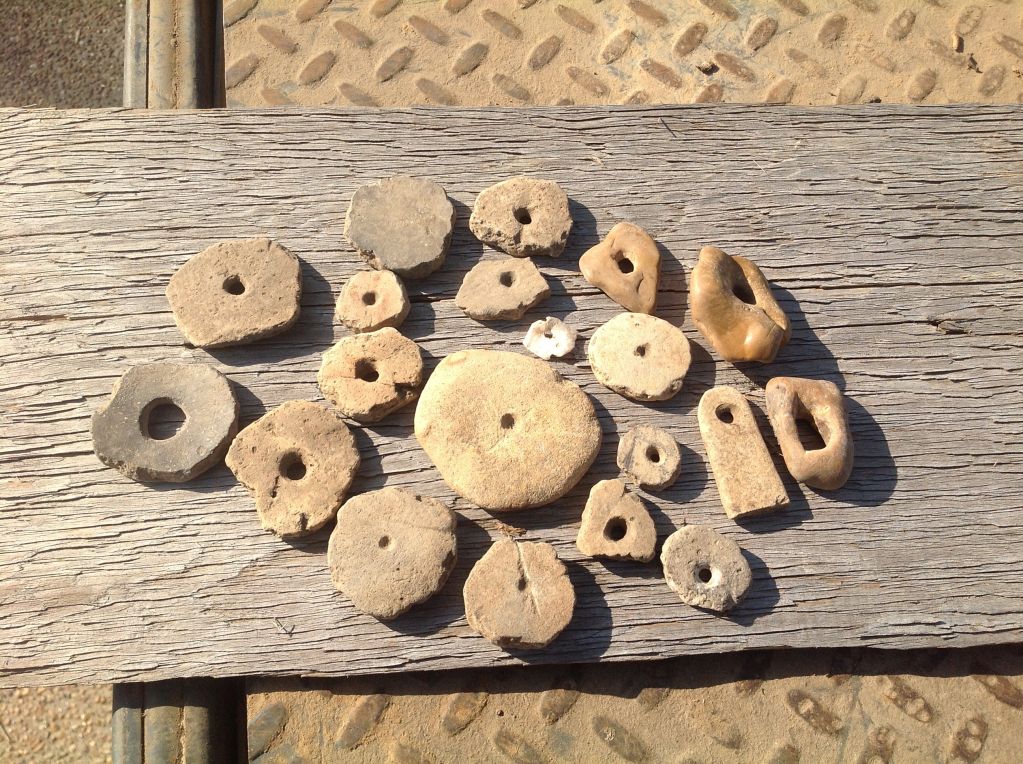Ceramic Discoidal In The Southeastern United States

Interesting question wayne and i would love to hear what others may have to say.
Ceramic discoidal in the southeastern united states. Stoltman 1972 fiber tempered pottery in southeastern united states and northern columbia. Potter ian w. In the pensacola culture of florida broken potsherds were rounded off and reused as discoidal game pieces from wikipedia. Modified ceramic disks have been recovered from historic era sites across the americas.
1994 florida s first people. The florida museum ceramic technology laboratory was established in 1977 under the direction of dr. Thomas potter and ian brown published a paper entitled the ceramic discoidal in the southeastern united states in the university of alabama mcnair journal. Dec 20 2015 explore kat smotherman s board native american pottery artifacts followed by 559 people on pinterest.
The ceramic discoidal in the southeastern united states. Here we examine these interpretations in light of collections from three colonial era sites in central california. Its origins context and significance. Ceramics from the middle savannah river in georgia and south carolina known as stallings stallings island or st.
See more ideas about native american pottery artifacts indian pottery. Brown ph d professor of anthropology published in the university of alabama mcnair journal. Here s the abstract for the ceramic discoidal in the southeastern united states by thomas a. Larger biconcave stone discs four to five inches in diameter called chunkey stones were used by mississippian societies of the southeastern part of the continent in a game of the same name.
And ceramic technology laboratory publications. Florida anthropological society publications number 6. Mission san antonio de padua mission san josé and the. Prudence rice then uf professor of anthropology now distinguished professor emerita at siu carbondale il from 1979 to 2017 the lab was overseen by ann cordell who also conducted most of the research projects undertaken by the lab.
Potter researcher in anthropology at the university of alabama wrote the following comments in his abstract regarding his work at the mound of phil archaeological park. Small unperforated disks are commonly interpreted as gaming pieces and larger perforated disks are often classified as spindle whorls.


















